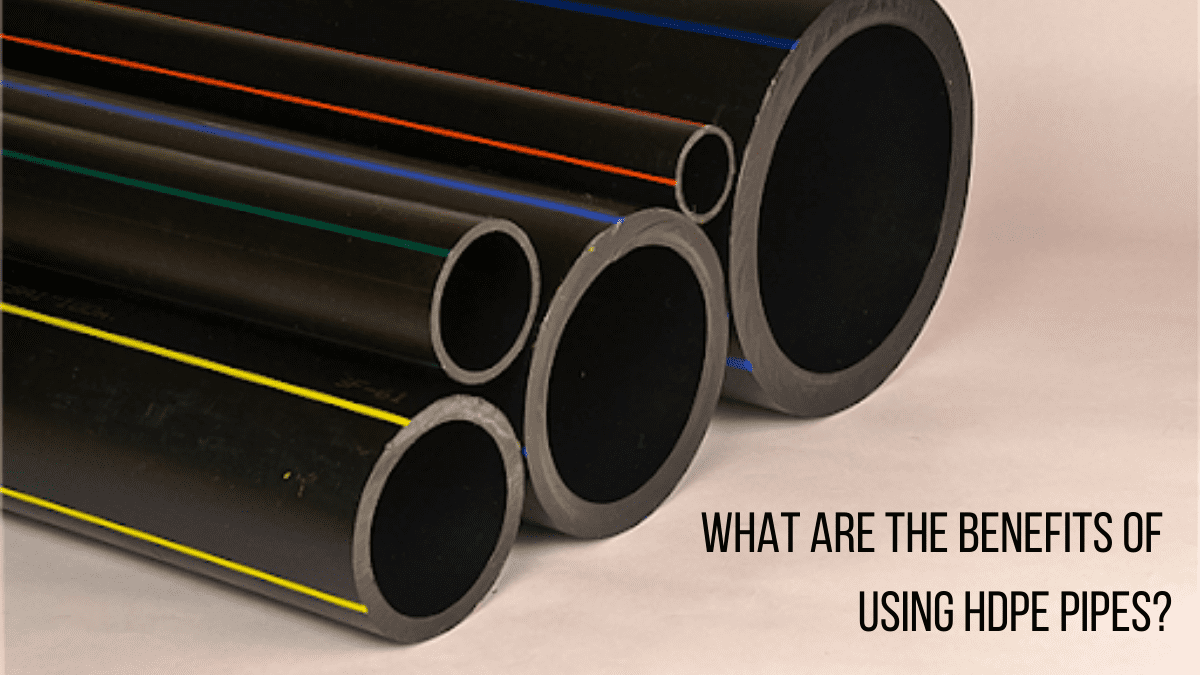HDPE pipes are sturdy, versatile, and appropriate for use. Used for poly electrofusion fittings, poly compression fittings, clamp saddles, and certain seamless joints these pipes are equipped with high-integrity techniques. The pipe’s clean inside floor offers it an excessive circulation and strain capability that enables it to facilitate fluid switch without the dangers of any type of breakage. Take a look at some of the top benefits of using HDPE Pipes:
1. Corrosion Resistance
HDPE pipes are effective for large-scale transfer of liquids as they have the capability to withstand high amounts of pressure and are unaffected by rust owing to their thermoplastic quality. Unlike traditional metal pipe fittings, HDPE pipes do not rust, corrode or rot. These pipes are also resistant to biological growth thereby eliminating the costly problems associated with corrosion and fouling.
2. Extended Service Life
Also, the lifespan of HDPE Pipes is longer than metal pipes only last from 20 to 50 years whereas on the other hand the service life of polyethylene pipes and fittings is estimated to be between 50 to 100 years depending on design, installation, and application.
3. Fatigue Resistance
HDPE pipes are ductile and flexible. This means they have outstanding resistance to fatigue as they aren’t rigid. Also, HDPE Pipes are designed and pressure-rated to handle the usual and recurring surges that are common in water distribution systems.
4. Leak-free Joints
HDPE pipes are joined using heat fusion. Heat fusion involves the heating of two HDPE pipe surfaces at a specific pressure, and then allowing the HDPE pipe to cool, producing monolithic, permanent and leak-free pipe joints. On the contrary, the traditional piping systems are joined with mechanical type joints or with a bell and spigot. These come with specified leakage factors that waste precious resources.
5. Eco-friendly Option
HDPE pipe fittings are prominently popular for their minimal impact on the environment. The energy required to manufacture these pipes is lesser as compared to their non-plastic counterparts. HDPE pipe is lightweight, making it more cost-effective to transport than metal pipes. Also, HDPE pipe manufacturing does not emit hazardous levels of toxins into the air during the production or welding process.
The above mentioned are some of the top benefits of using HDPE Pipes as compared to traditional metal pipes. HDPE Pipes cater to completely different industries’ needs, together with plumbing, drainage, irrigation, infrastructure, mining, air flow, communications, and different specialized techniques. With Bharat Polymers you will discover a top-quality piping resolution that’s environment-friendly and cost-effective.


